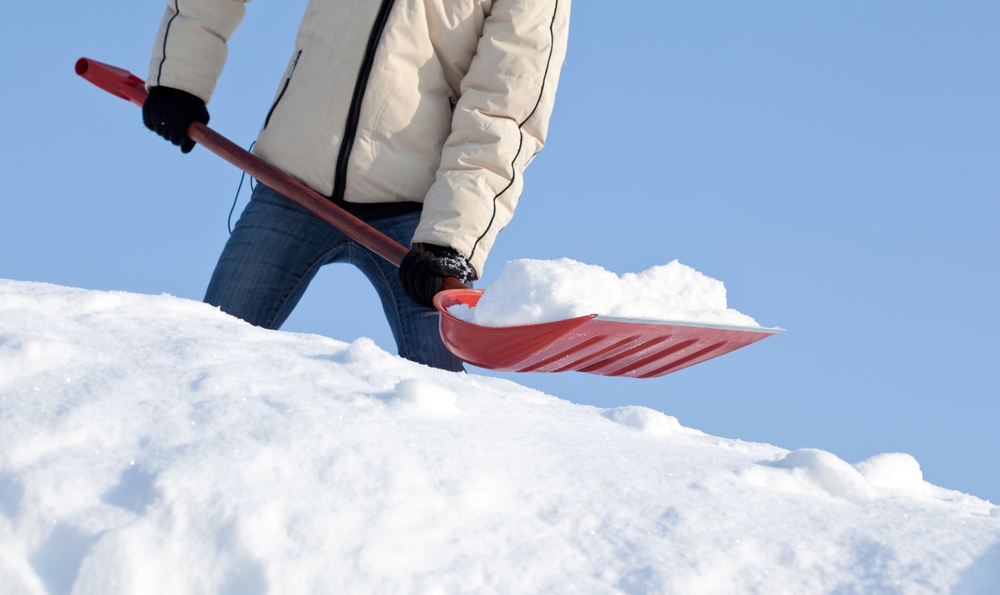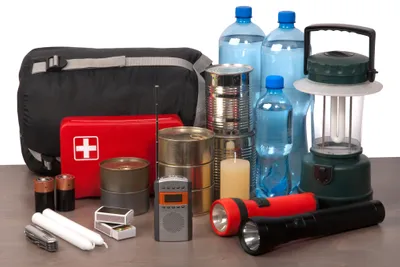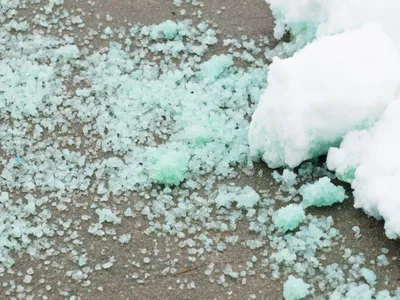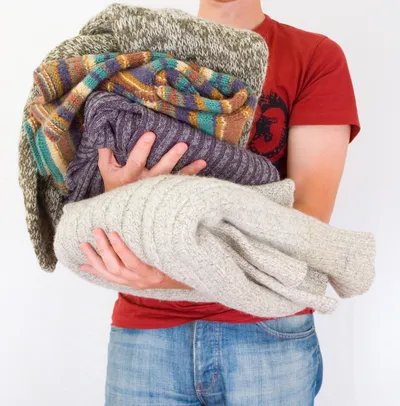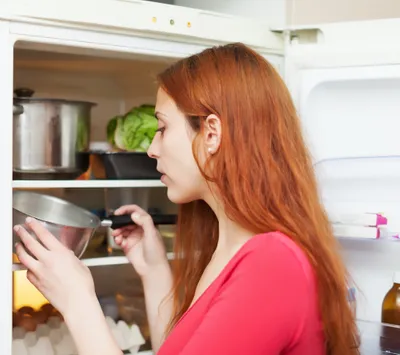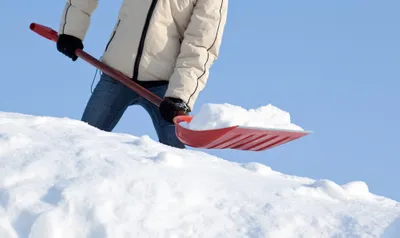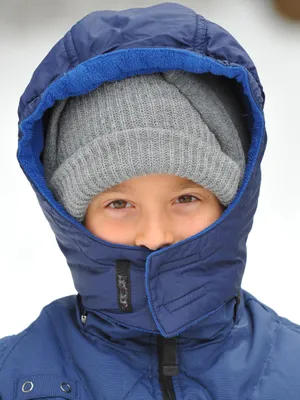We all brace for pending winter storms, and with the weather becoming even more extreme and unpredictable, being prepared can protect your home—and even more important, the health of you and your loved ones during a storm emergency.
Here are our ten tips for winter storm survival…
1. Store Supplies
Being prepared for a winter storm is all about being proactive, and that means collecting the necessary supplies—such as dry food stores that don’t require refrigeration—in case you’re trapped inside for a few days. Be sure to keep a non-electric can opener handy as well, you‘ll need it in an emergency.
2. Hydration in Emergency
Bottled water should be at the top of your list of necessary storm-preparedness supplies. This is especially vital during winter if pipes freeze or burst and you can’t access water for a few days.
3. Anticipating Power Failure
You’ll be thankful for flashlights and batteries if the power fails. In fact, the majority of slips and falls occur in personal homes when a power failure occurs. Be sure to stock up on batteries for powered items—clocks, radios, heaters, etc., — in case the power fails.
4. Safe De-Icing
A slip and fall down your own outdoor stairs or in your driveway is just as risky as a fall indoors during a storm. To protect you and your family from needless trips or falls on ice, stock up on melting products for slippery sidewalks, stairs, and driveways. Also be sure to clear eaves troves of icicles to avoid an unsuspecting injury from above.
5. Collecting Supplies for Warmth
Keep extra coats, mittens, hats, scarves, extra layers, blankets, and sleeping bags in emergency storage as well. This will keep you safe and warm if the power goes out—remember a lot of homes are heated with electricity or natural gas. It’s also advisable to block off unneeded rooms by closing doors and stuffing cracks with rags or towels to keep heat in.
6. Safeguard your Cold Foods
Refrigerated foods can keep for approximately 6 to 12 hours, but only if you refrain from opening and closing your refrigerator. The same goes for keep frozen foods safe for 24 to 48 hours if you keep your freezer closed tight.
7. Storing Foods at Room Temperature
Luckily, many foods—including hard cheese, fresh fruit and veggies, butter or margarine, juices, and most condiments are safely edible if left at room temperature for a few days. Just use the smell before you eat rule to avoid food poisoning or contamination. If in doubt, always discard the food for safety.
8. Safe Prescription Drug Storage
If you require prescription drugs, make sure to refill prescriptions before a pending storm. If drugs require refrigerated and the power goes out, be sure to leave your fridge door tightly sealed or pack a cooler with ice packs and transfer the medicine while keeping it dry.
9. Clearing Snow
Make sure to following safe snow shoveling practices following a storm. For instance, take it slow and pace yourself, be sure you are well hydrated when shoveling, and those with history of heart disease or stroke should not shovel, but ask a healthy family member for help.
10. Protect Skin From Frostbite
Of course, it’s wise to remain inside in brutal cold weather as much as possible. However, if you need to go outside, dress in warm, light layers, and protect exposed skin with waterproof boots, a hat, mouth covering, scarf, and mittens. If your feet or extremities become wet, go to a warm area immediately and remove wet clothing.
